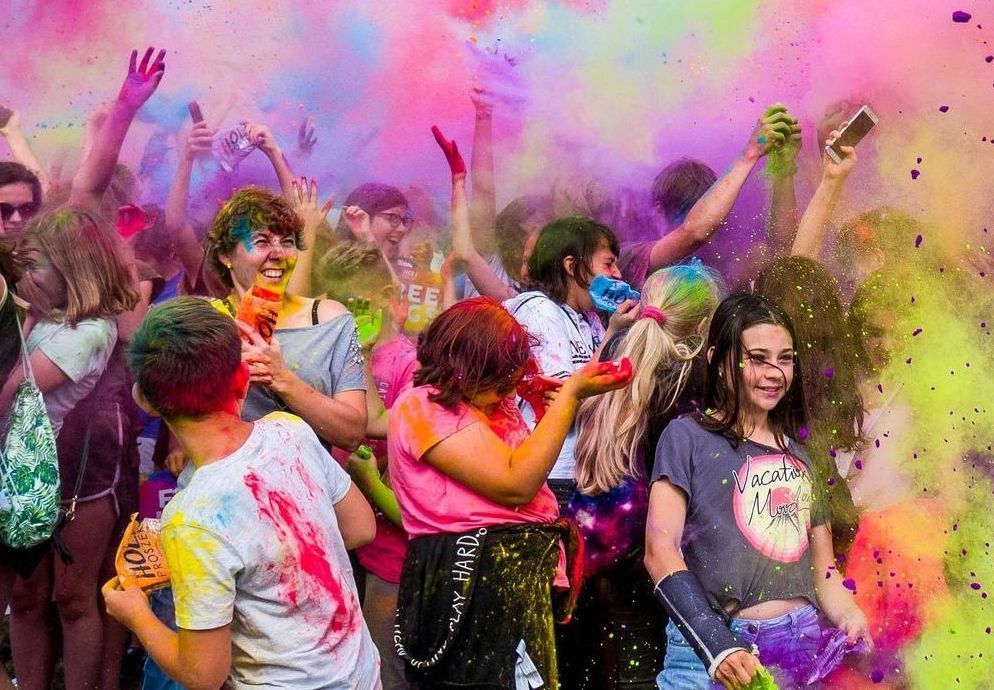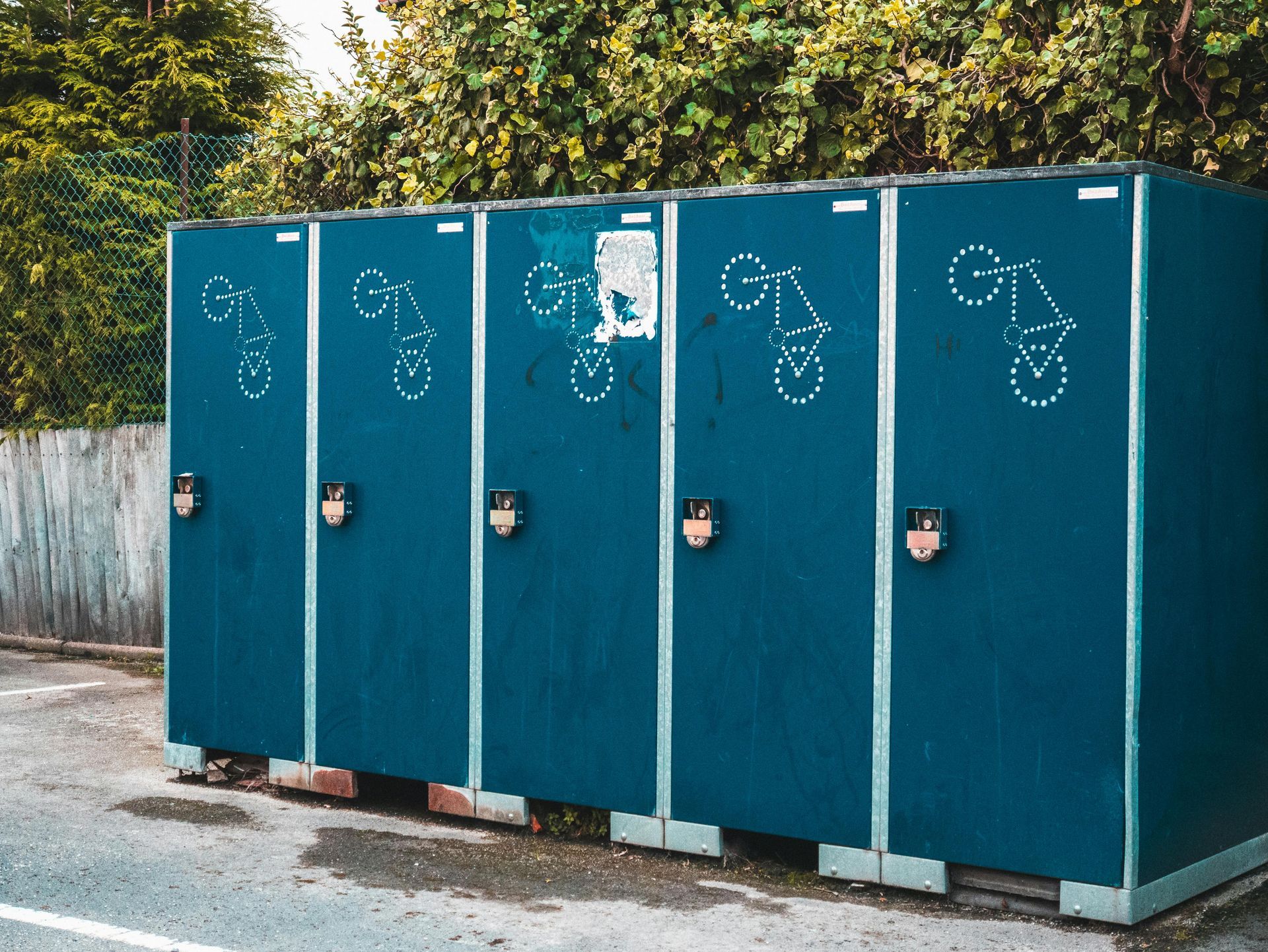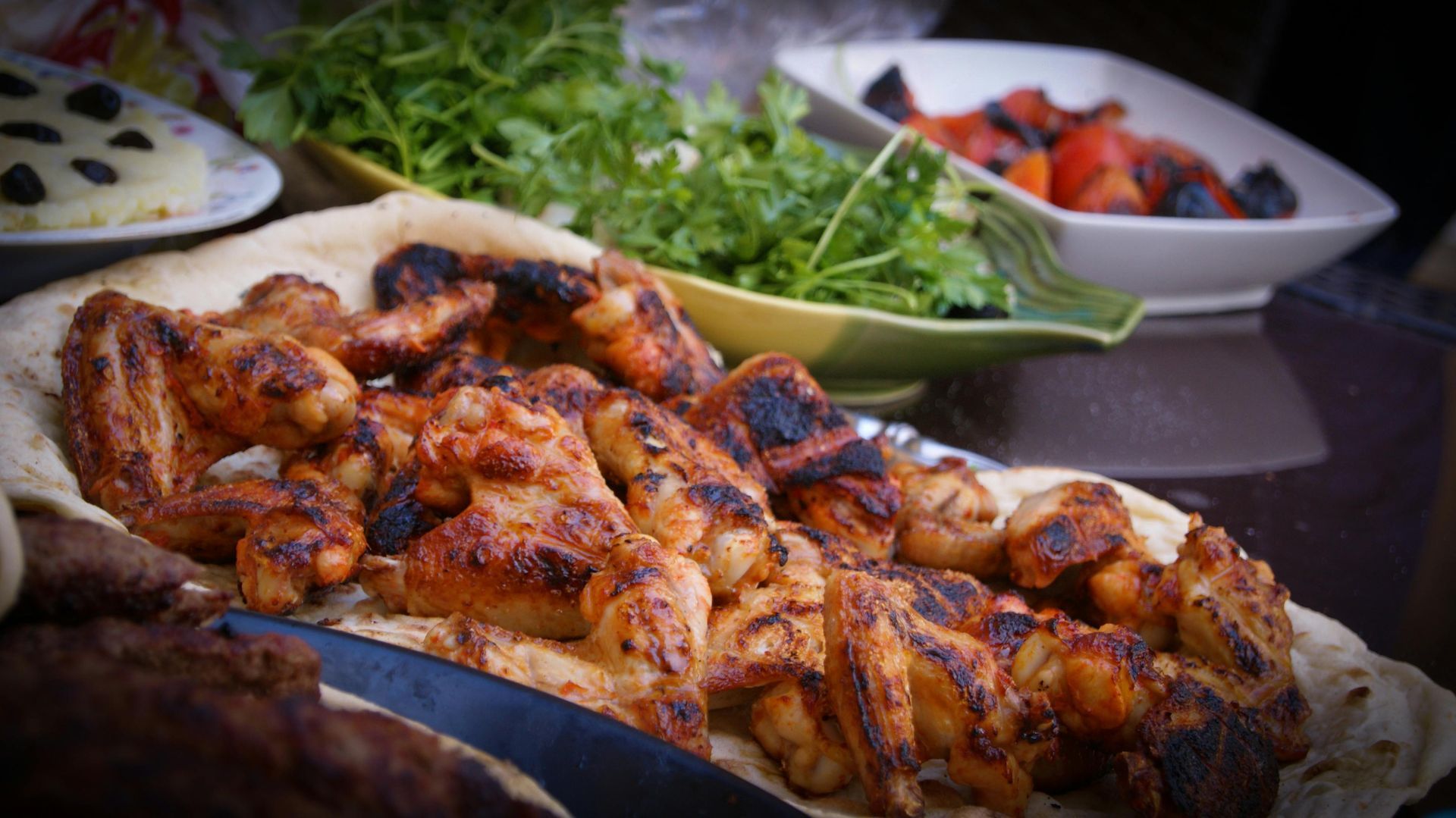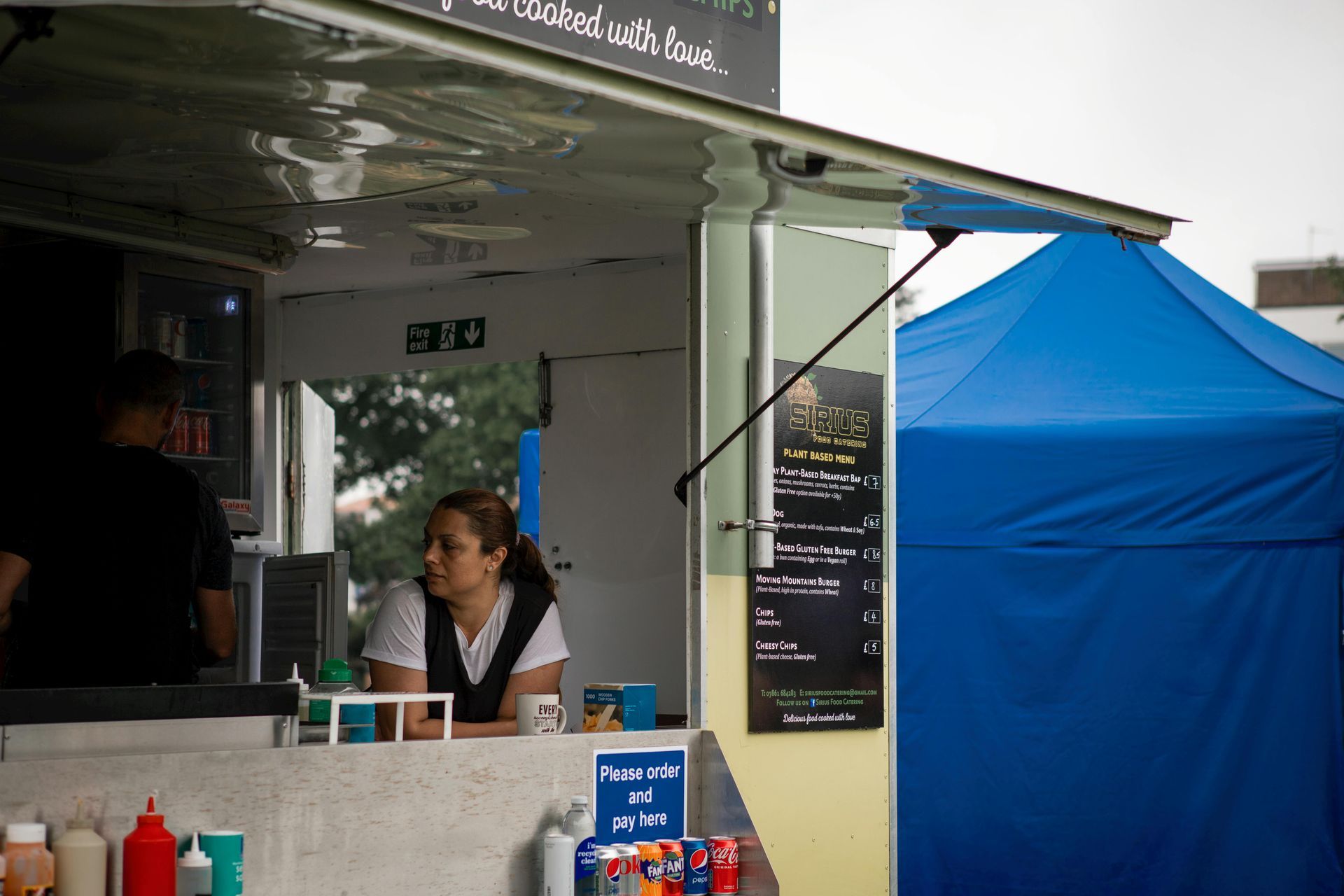Local Regulations for Events & Festivals
What Regulations and Permits are Needed for Festivals and Events

Local Regulations for Events & Festivals: What Every Planner Needs to Know
Planning an event or festival isn’t just about booking the perfect band or having mouthwatering food trucks lined up—it’s about keeping things fun, safe, and 100% legal for everyone involved. Whether you’re organizing your first block party or wrangling a multi-day art festival, local regulations play a starring role behind the scenes. If you overlook them, your dream event might just end in disaster (or worse, with fines and angry neighbors). Trust me, I’ve learned this the hard way—let’s make sure you don’t!
Why Regulations Matter for Every Age Group
From all-ages dance parties to classic car shows for retirees, local rules are there to protect attendees, organizers, and even the city itself. They can be the difference between a smooth, joyous bash and a logistical nightmare.
Permits: Your First Priority
What Is an Event Permit?
Nearly every city or county requires a special events permit for public gatherings, especially if you’re in a park, on the street, or expecting over a certain number of people. Don’t assume a “small” event won’t need one—always check with your municipal office or city website.
Personal Anecdote:
Years ago, I planned what I thought would be a tiny outdoor art fair. I figured, "It’s only 20 artists—no big deal!" Turns out, because we were setting up in a public space and serving food, we needed not just one, but three different permits. That extra paperwork saved us from a costly shutdown the day of the event.
Types of Permits
· General Event Permit: Required for most public gatherings.
· Noise Permits: Especially if you have amplified music or want to operate past “quiet hours.”
· Food and Beverage Permits: Mandatory if you’re selling or serving food/drinks.
· Alcohol Permits: Stringent—often need proof of licensed bartenders and security measures.
· Street Closure Permits: Hosting in the street? You’ll need traffic and police approval.
· Fire Permits: For open flames, pyrotechnics, or even certain types of lighting.
Tip: Apply early! City offices are swamped during “festival season.”
Safety Comes First: Crowd Control and Security
Occupancy and Crowd Limits
Local fire codes strictly limit how many people can be in any given space. Venues post these numbers and inspectors do check.
Example:
One summer concert I worked on, we miscalculated crowd size, and were 50 people over the posted limit. The fire marshal made us pause the concert—not exactly the mood I wanted!
Security Plans
Many cities require you to submit a security plan with your permit application. This typically covers:
· Number of trained staff or security guards
· First aid and emergency response resources
· Evacuation plans (have you mapped yours out? Even a simple yard party might need one.)
Accessibility & Inclusivity Regulations
Modern regulations require events to be accessible for all ages and abilities. This means:
· Wheelchair-accessible entrances, restrooms, and pathways
· Clear signage for all facilities
· Accommodations for vision- or hearing-impaired guests
If your venue doesn’t naturally fit, you may need to rent ramps, portable restrooms, or provide other modifications. Check the Americans with Disabilities Act (ADA) rules or your local equivalent for specifics.
Sound, Music, and the Neighbors
Noise Ordinances
Every city has a noise ordinance—breaking it can mean fines or shutdowns. Key things to watch:
· Decibel-level limits for music and announcements
· Quiet hours (these may start as early as 10pm in residential areas)
· Advance notification requirements for neighbors
Real-World Story:
Our food truck festival once forgot to notify the apartment building next door—one angry neighbor’s call nearly shut us down. Since then, we always drop flyers a week in advance.
Vendor and Food Safety Rules
If you’re bringing in vendors, they often need their own licenses, especially for food and beverage sales. You (the organizer) bear responsibility for ensuring every vendor is in compliance:
· All food vendors must use inspected, licensed facilities
· Booths require handwashing stations (yes, even for lemonade!)
· Safe storage for perishables
Check your city’s health department website for a checklist—some even offer special event toolkits.
Insurance: Non-Negotiable!
Most municipalities require insurance coverage for public events. Even a single accident could ruin your reputation or your finances. Look for:
· General liability coverage
· Property and injury coverage
· Liquor liability (if serving alcohol)
· Rain insurance for outdoor events (this can save your budget during an unpredictable season)
Working With Local Agencies
Pro Tip:
Get to know your local officials—city clerks, fire marshals, police liaisons. Whenever I introduce myself early and treat them as partners, my events run smoother. They’re often happy to advise or steer you clear of common pitfalls.
Growing Online? Digital Permits and Livestreaming
If you plan to broadcast your event, check whether your city requires an additional permit for filming or streaming. Some spaces (like public parks) have copyright or privacy rules to keep in mind.
Step-by-Step Checklist
1. Start by contacting your city’s special events office (look online or call 311).
2. Make a checklist for every permit you’ll need.
3. Review fire, safety, and health guidelines.
4. Touch base with local law enforcement and fire departments—especially for bigger events.
5. Notify neighbors if required (or just as a courtesy!).
6. Obtain proper insurance.
7. Schedule a final walkthrough and keep all paperwork onsite during the event.
Final Thoughts
Local regulations might feel like a hassle, but they’re there for a reason: to keep your event fun, legal, and safe for everyone—whether they’re 18 or 80! The most successful organizers are the ones who do the homework, apply early, and approach every permit as a chance to build a relationship with the community. Remember, running a great event is about delighting guests and keeping the city on your side. Now, get out there and plan something unforgettable!
Citations
· Permit and event requirements:
· Accessibility guidance:
· Local food vendor regulations:
“How to Get a Permit for Your Special Event”
ADA National Network, “Planning Accessible Events”
City of San Francisco, “Special Event Food Safety Toolkit”







